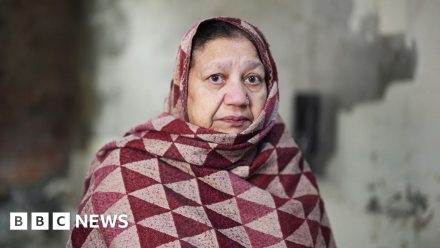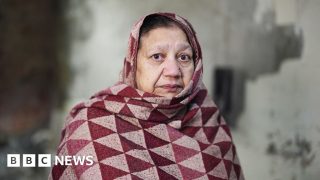Nestlé is being accused of “putting the health of African babies at risk for profit” after campaigners found the company still adds sugar to most baby cereals sold across Africa.
Swiss group Public Eye worked with activists in more than 20 African countries to buy 94 samples of Cerelac products marketed for infants aged six months and older and sent them for laboratory analysis. The tests found added sugar in over 90% of samples, averaging about 6 g — roughly one-and-a-half teaspoons — per serving. Measured amounts ranged from about 5 g per serving in products found in Egypt, Madagascar, South Africa, Malawi and Nigeria to about 7.5 g in a product sold in Kenya. Most of the few products without added sugar were imported items originally intended for sale in Europe, apart from two variants recently launched in South Africa.
The findings come as childhood obesity rates in Africa are rising, prompting calls from campaigners for Nestlé to remove all added sugar from baby foods. World Health Organization guidance for children under three recommends “no added sugars or sweetening agents,” partly because added sugars can encourage long-term preferences for sweet foods and contribute to diet-related non-communicable diseases.
Public Eye’s latest report follows an April 2024 investigation by the same group that found Nestlé adding sugar and honey to infant milks and cereals sold in Asia, Africa and Latin America while equivalent products in wealthier countries had no added sugar. In response to that earlier report, Nestlé said it had an ambition to introduce Cerelac versions with no added sugar in all markets, but campaigners described this as “too little, too late.”
Twelve African civil society and consumer organisations wrote to Nestlé chief executive Philipp Navratil accusing the company of deliberate decisions to provide less healthy options to children in Africa. Campaigners warned that adding sugar to infant cereals contributes to “a preventable public health catastrophe” as diet-related diseases spread across the continent.
Nestlé has rejected the Public Eye report as misleading. Peggy Diby, global head of corporate affairs for Nestlé Nutrition, said the allegations were unfounded and inconsistent with the company’s values. She argued cereals need to be palatable to infants to help combat malnutrition, and that the recipes comply with national regulations in the relevant countries. Diby also noted Nestlé had introduced 14 Cerelac variants with no added sugar in India in the past year and said the company was accelerating the rollout of no-added-sugar varieties in African markets.
Nestlé disputed the testing details, saying Public Eye had not shared its data and suggesting the laboratory results may have included naturally occurring sugars from milk, cereals and fruit. The company said the sugar levels in its products were “well below” international food safety and quality standards set out in the Codex Alimentarius by the WHO and the UN Food and Agriculture Organization.
Dr Sara Colombo Mottaz, global head of medical, regulatory and scientific affairs at Nestlé Nutrition, emphasized the role of fortified cereals in supplying micronutrients such as iron and described internal “guardrails” limiting added sugars. She added that infants are already exposed to sweet tastes in utero or via breastmilk and that offering acceptable flavours helps with the transition to solid foods; if babies refuse to eat, they risk impaired growth.
Campaigners maintain that Nestlé’s use of added sugar in baby cereals promotes unhealthy taste preferences and increases risks of overweight and related illnesses, and they continue to call for the removal of added sugars from all infant cereals sold in African countries.





